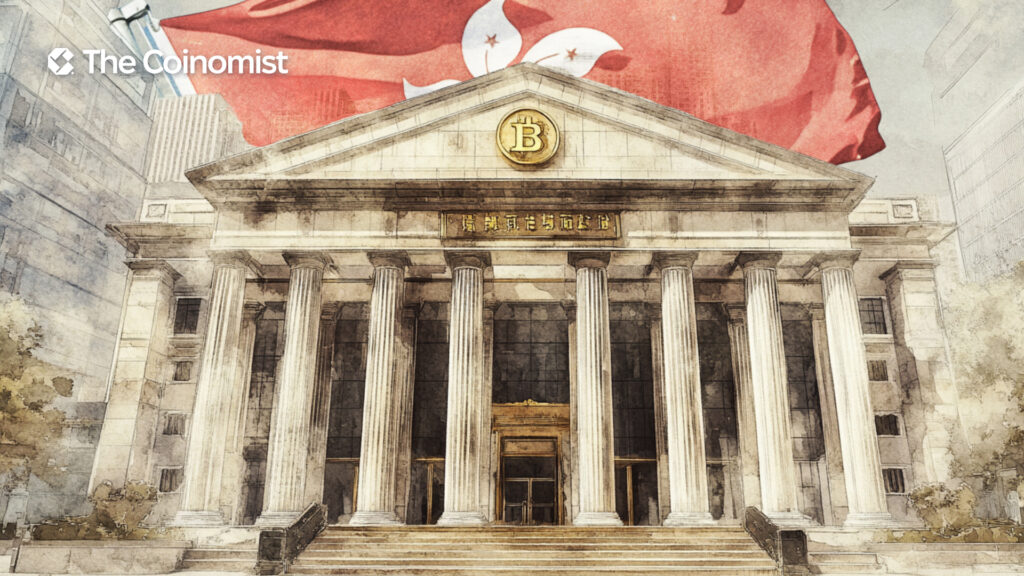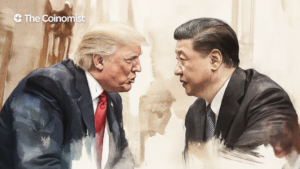Hong Kong Finalizes Regulatory Framework for Crypto Staking

Hong Kong’s crypto scene just leveled up. The SFC has approved staking for licensed platforms, requiring strict asset controls and clear risk disclosures—a big move toward a safer, more mature Web3 ecosystem in the region.
On this page
As part of its ongoing effort to formalize the digital asset sector, Hong Kong has introduced a regulatory framework for staking services on licensed platforms. The Securities and Futures Commission (SFC) clarified the conditions under which virtual trading platforms and crypto financial funds can engage in staking, with a strong emphasis on client asset protection and transparent risk governance.
The updated regulations require written approval from the SFC prior to launching any staking service, exclusive custody of client assets, and detailed risk disclosure. Platforms must clearly explain lock-up terms, fee structures, withdrawal timelines, and potential technical vulnerabilities inherent to blockchain networks.
Read on: Hong Kong Discusses New Stablecoin Bill

What You Need to Know About Hong Kong’s New Staking Rules
Hong Kong’s financial watchdog is drawing a clear line: staking services must meet strict standards. Under new SFC rules, licensed platforms must apply for prior authorization, guarantee round-the-clock control of client funds, and build in safeguards to prevent loss or unauthorized access.
Transparency is non-negotiable—companies must disclose risks like potential hacks and technical breakdowns.
Broadening the suite of regulated services and products is crucial to sustaining the healthy advancement of Hong Kong’s virtual asset ecosystem… But the broadening must be done in a regulated environment where the safety of client virtual assets continues to be front and center of the compliance framework for offering such service,
said SFC Chief Executive Julia Leung at a recent press briefing.
Crypto Energy Fuels Hong Kong’s Rental Market—and Global Appeal
The advancement of crypto regulation in Hong Kong is producing secondary effects on the city’s residential property market. According to Savills, professionals from crypto-related firms and hedge funds—including those from mainland China and expatriate communities—are boosting demand for high-end rentals. Monthly lease rates in core urban areas now reach HK$75,500 (~US$9,718).
Read on: HashKey & Bosera to Launch World’s First Tokenized Money Market ETFs
The regulatory shift is also pulling in global names. Bullish, a U.S. exchange, just made history as the first foreign platform licensed under Hong Kong’s crypto rulebook. It’s a win for the city’s global competitiveness and its ambitions in digital finance.
With investor protection baked into the foundation, these new policies open the door for digital assets to scale—while elevating Hong Kong’s status as a go-to destination for regulated, forward-thinking finance.
The content on The Coinomist is for informational purposes only and should not be interpreted as financial advice. While we strive to provide accurate and up-to-date information, we do not guarantee the accuracy, completeness, or reliability of any content. Neither we accept liability for any errors or omissions in the information provided or for any financial losses incurred as a result of relying on this information. Actions based on this content are at your own risk. Always do your own research and consult a professional. See our Terms, Privacy Policy, and Disclaimers for more details.
























